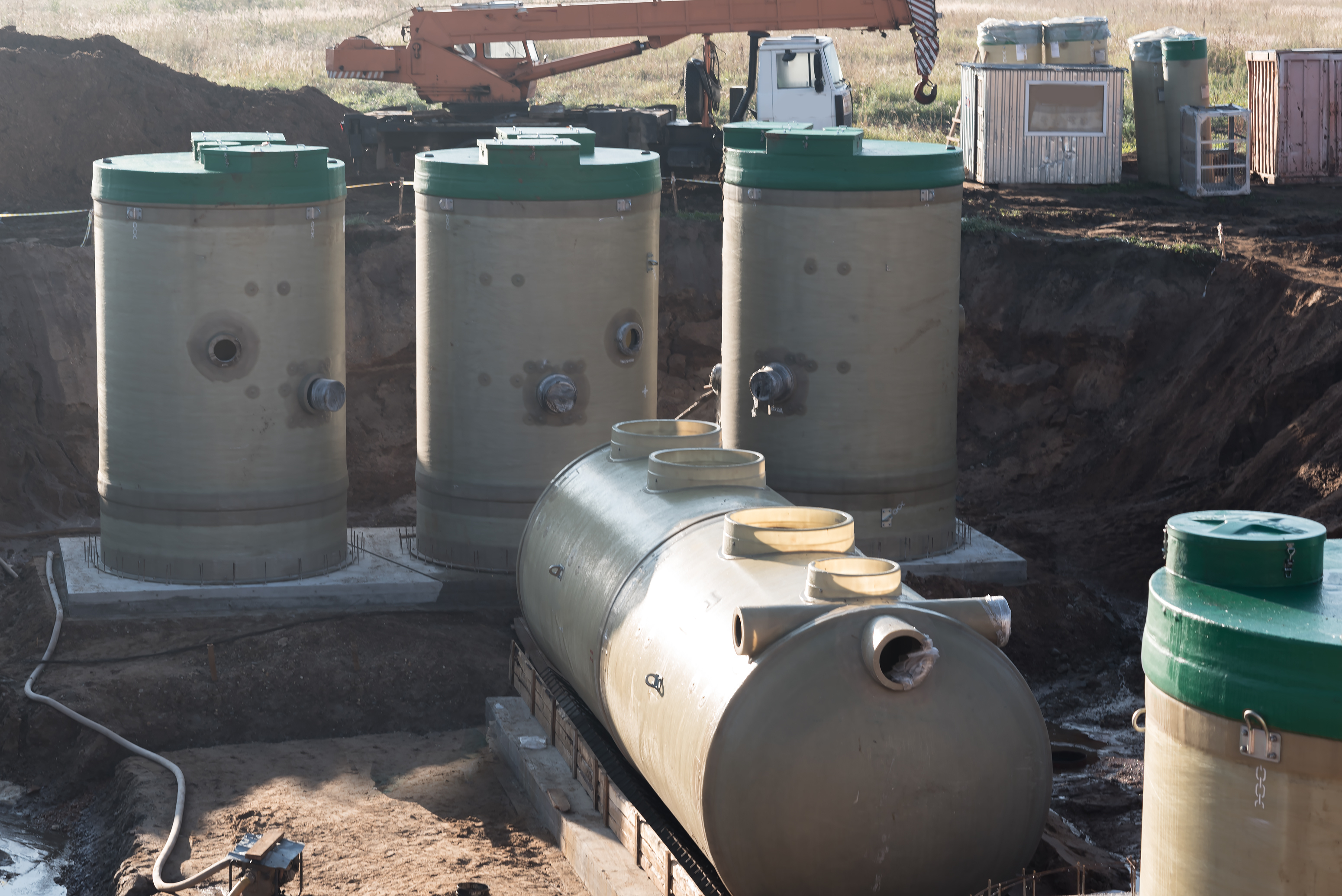
- admin
- August 16, 2019
An In-Depth Analysis on Peracetic Acid Storage?
Peracetic acid or Peroxyacetic acid is often known as PAA or POAA. It is chemically known as C2H4O3 and is manufactured by mixing hydrogen peroxide with acetic acid in a watery solution. The mixture is bright and colorless with a pH value of 2.8.
The acid is widely used in the food-processing industry as a post-rinse sanitizer. It is also used as an anti-microbial agent to process water.
Sometimes, it is directly applied to food products for eliminating pathogenic and other disease-causing bacteria.
PAA also finds its application in several healthcare facilities for disinfecting medical equipment.
However, in its concentrated form, PAA is hazardous and corrosive in nature. Being a strong oxidizer, it is capable of causing instant damage to both skin and eyes.
It may result in permanent damage to the skin and eyes if the concentration is allowed to soak for a prolonged duration.
According to experts, the acid is an effective and economical product if used safely and proper measures are taken.
In this blog, we have cited an in-depth analysis on how you can safely store peracetic acid.
How Should Peracetic Acid be Stored?
It’s important to use a properly built peracetic acid tank to store peracetic acid. This will help prevent leakage.
Moreover, concentrated PAA being corrosive in nature causes damage to skin, eyes, and lungs.
This means your employees who work near corroded or weak storage units are always vulnerable to ailments related to lung, skin, and eyes.
So, you must take proper care to store the acid in a well-ventilated area.
Experts always recommend storing peracetic acid in a high-density cross-linked polyethylene tank having a structure capable enough to withstand the corrosive effects of the acid.
Additionally, industrial storage, it should have an antioxidant resin system as a chemical barrier. This will help mitigate the oxidizing effect of the acid.
Here are 10 tips for handling and storing peracetic acid in a peracetic acid tank.
- Store the acid in a well-ventilated area.
- Keep the average temperature below 86ºF.
- Protect the tank from direct sunlight.
- Keep the acid away from heat and sources of ignition. This primarily includes steam pipes, radiant heaters, hot air vents, and welding sparks.
- Don’t store on wooden pallets.
- Keep the tanks covered.
- There’s always a risk of container decomposition due to heat. Cover your tank to protect the acid from direct exposure to sunlight.
- Install the peracetic acid storage tanks at least 16 feet away from oxidizing agents or corrosives.
- Don’t install the tanks of peracetic acid in the same space as that of explosives, flammable gases, and compressed or poisonous gases
- Clean the containers as frequently as possible and rinse the drums at least thrice before disposal.
So, here was our step-by-step guide to store peracetic acid. Just make sure you’re using a high-quality peracetic acid tank.
GST Tanks is a premier tank manufacturing company that takes pride in selling top-class industrial storage tanks.
We’re a team of highly dedicated team of engineers and product designers working hard daily to cater to customized needs of customers.
You can give us a call on 470-589-7790 to place an order or talk to our experts in detail.
- how to safely store peracitic acid
- peracitic acid
Category
- Above Ground Fuel Tanks
- Above Ground Gas Storage Tank
- Above Ground Storage Tanks
- Above Ground Water Storage Tanks
- Agricultural Tanks
- Chemical storage Tanks
- Diesel Fuel Storage Tanks
- Diesel Storage Tanks
- Exernal FloatingRoof Tanks
- Farm Water Tank
- Fiberglass Oil Tanks
- Fiberglass Septic Tanks
- Fiberglass Tanks
- Fiberglass Underground Fuel Storage Tanks
- Field Erected Tanks
- Floating Roof Tank
- Food and Beverage Tanks
- Fuel tank
- Industrial Chemical Storage Tanks
- Industrial Gas Tanks
- Industrial Hot Water Storage Tanks
- industrial hot water tank
- Industrial Plastic Tanks
- Industrial Storage Tanks
- Industrial Tank heating pads
- industrial tanks
- Natural gas
- Natural gas vs Propane
- oil storage tank
- Oil Storage Tanks
- Peracitic Acid
- Petroleum Tanks
- Residential gasoline storage tanks
- Residential Water Storage Tanks
- Sodium Hydroxide Storage Requirements
- Sodium Hypochlorite Storage Tanks
- Steel Storage Tanks
- storage tank failure prevention
- Storage Tanks
- Sulfuric Acid Tanks
- Uncategorized
- UnderGround Storage Tanks
- Waste water tank
- Water Storage Tanks

 Tank Size Calculator
Tank Size Calculator





